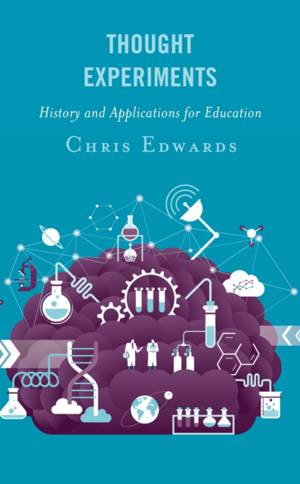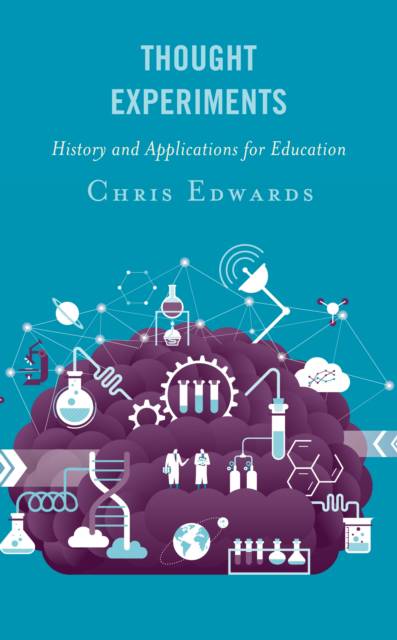
- Afhalen na 1 uur in een winkel met voorraad
- Gratis thuislevering in België vanaf € 30
- Ruim aanbod met 7 miljoen producten
- Afhalen na 1 uur in een winkel met voorraad
- Gratis thuislevering in België vanaf € 30
- Ruim aanbod met 7 miljoen producten
Zoeken
€ 98,45
+ 196 punten
Uitvoering
Omschrijving
Thought experiments do not require a laboratory and need no funding, yet they are responsible for several major intellectual revolutions throughout history. Given their importance, and the way that they immediately engage students, it is surprising that thought experiments are not used more frequently as teaching tools in the academic disciplines. Thought Experiments: History and Applications for Education explains how thought experiments developed and shows how thought experiments can be applied to subjects as varied as theoretical physics, mathematics, politics, personal identity, and ethics. Teachers at all levels and in all disciplines will discover how to use thought experiments effectively in their own classrooms.
Specificaties
Betrokkenen
- Auteur(s):
- Uitgeverij:
Inhoud
- Aantal bladzijden:
- 126
- Taal:
- Engels
Eigenschappen
- Productcode (EAN):
- 9781475860740
- Verschijningsdatum:
- 14/04/2021
- Uitvoering:
- Hardcover
- Formaat:
- Genaaid
- Afmetingen:
- 152 mm x 229 mm
- Gewicht:
- 358 g

Alleen bij Standaard Boekhandel
+ 196 punten op je klantenkaart van Standaard Boekhandel
Beoordelingen
We publiceren alleen reviews die voldoen aan de voorwaarden voor reviews. Bekijk onze voorwaarden voor reviews.







